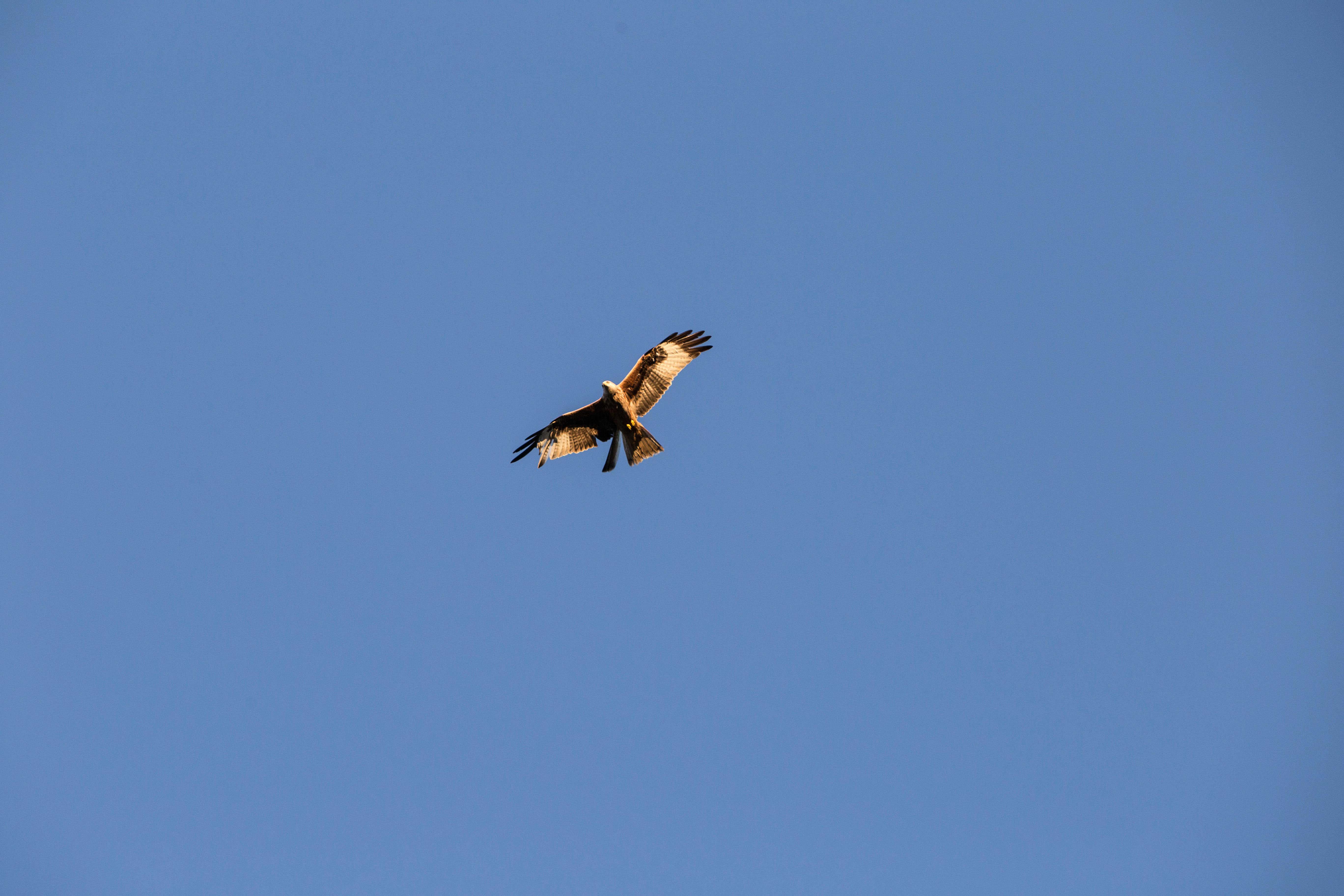Two-thirds of illegal bird killings linked with shooting estates, says RSPB
At least 61 incidents of illegal killings were recorded in 2022 with only two gamekeepers prosecuted and convicted.

Around two-thirds of the confirmed illegal killings of birds of prey in 2022 are linked with shooting estates, according to the RSPB’s latest report on bird crime.
Buzzards, red kites, goshawks, hen harriers, peregrine falcons and white-tailed eagles have all fallen victim to shooting, trapping and poisoning, adding to a total of 61 reported killings last year.
Of the total, 37.7% were linked with pheasant and partridge shooting, 19.7% with grouse moors and 6.6% with a mix of all three.
Despite being a red-listed threatened species, 39 hen harriers have been confirmed killed or “suspiciously disappeared” across the UK since January 2022, according to RSPB and Natural England data.
Eight satellite-tagged hen harriers were killed or disappeared within the same area near Birkdale, North Yorkshire.
Sadly, once again, the report documents the shameful illegal killing of rare and vulnerable birds of prey, an important part of our natural heritage
In separate incidents, one bird called Free had its head pulled off while alive and four chicks were found trampled to death in a nest.
Another harrier named Dagda was found shot dead in May this year on a grouse moor at Knarsdale, next to an RSPB nature reserve at Geltsdale where the charity was breeding the birds of prey, or raptors as they are also known.
A grouse moor owners representative said there are more hen harriers now than in the last 200 years and that grouse moors have played a major part in their recovery.
Hen harriers live mainly on upland moorlands and were driven to extinction in England in the 19th century through mainly habitat loss and persecution and have since been reintroduced.
Earlier this year in West Sussex, a white-tailed eagle was found poisoned on a shooting estate after being introduced on the Isle of Wight – the first case of the species being illegally killed in England since they were also wiped out through persecution in the 18th century, the RSPB said.
A Labrador dog also died on the same estate after ingesting the same pesticide, known as bendiocarb, the charity added.
The RSPB said it is difficult to know who was responsible for the killings and that in 2022 only two people were prosecuted and convicted for raptor persecution – both were gamekeepers.
One received a 200-hour community order and paid £1,200 in fines after shooting and poisoning multiple birds with a banned chemical in Norfolk, a punishment the RSPB said is too light to deter others from committing similar crimes in future.
RSPB chief operating officer James Robinson said: “Sadly, once again, the report documents the shameful illegal killing of rare and vulnerable birds of prey, an important part of our natural heritage.
“Given the correlation in location between birds of prey persecution and land under game management, the RSPB is calling for greater regulation of shooting, in particular intensive forms of grouse shooting.
“A Bill to introduce licensing of grouse moors in Scotland to stop raptor persecution is now moving ahead and we need a similar response in England.”
The RSPB said that tagged hen harriers survive on average for around four months in the UK, with as much as 75% of the deaths because of illegal killings in grouse moor management.
Amanda Anderson, director of the Moorland Association, which represents grouse moor owners, said: “Hen harriers suffer a very high mortality rate, particularly early in life, due to a number of factors including starvation, disease and predation from other animals.
“Where there are incidents of persecution of birds of prey, we condemn this illegal killing.
“However, the number of incidents being reported this year has nearly halved compared to the same report last year, indicating a dramatic downward trend.
“Furthermore, we understand the number of incidents linked to grouse shooting is a low percentage of the overall figures.”
Bookmark popover
Removed from bookmarks